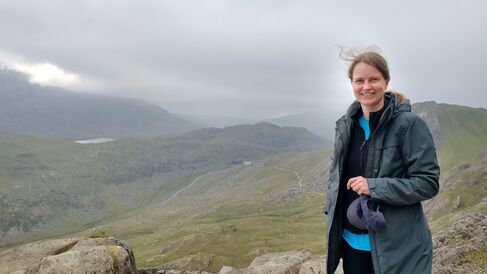About Marion Weinzierl

Career journey
I have a degree (Dipl-Inf.) in Media Informatics from Ulm University, Germany, and a PhD (Dr.rer.nat.) in Scientific Computing from Technische Universitaet Muenchen, Germany. After my PhD, I did a 3-year postdoc in Solar Physics and Space Weather Prediction at Durham University, UK, and then worked as Computational Scientist at a x-ray technology start-up for two years.
I then went back to Durham University to work as Research Software Engineer (RSE) in Advanced Research Computing (ARC), and also took on the role as Research Software Engineering Team Lead at the N8 Centre of Excellence for Computationally Intensive Research (N8 CIR), where I led the RSE community and RSE leaders network, chaired the user group of the regional supercomputer Bede, co-lead the Bede support group, and co-founded and co-led the N8 CIR Women in High Performance Computing (WHPC) chapter. After 3.5 years at ARC Durham and 2.5 years at N8 CIR I left both to join the RSE team at the ICCS, University of Cambridge.
Typical day
There are three types of days:
- Days on which I focus on project work, which is programming, maybe also preparing presentations or papers, and having technical meetings
- 2. Days which are dominated by meetings, which can be team meetings, project meetings, organisational meetings, meetings with external collaborators, meetings with colleagues from the RSE or HPC communities
- 3. Days at conferences and workshops, either as a participant, presenter or co-organiser.
My hobbies
I do Shotokan karate, and I also like to read and to do a bit of gardening. On holiday and on weekends I like to spend time outdoors with my husband and my two daughters, such as going on walks, to the seaside, camping, or exploring new places.
